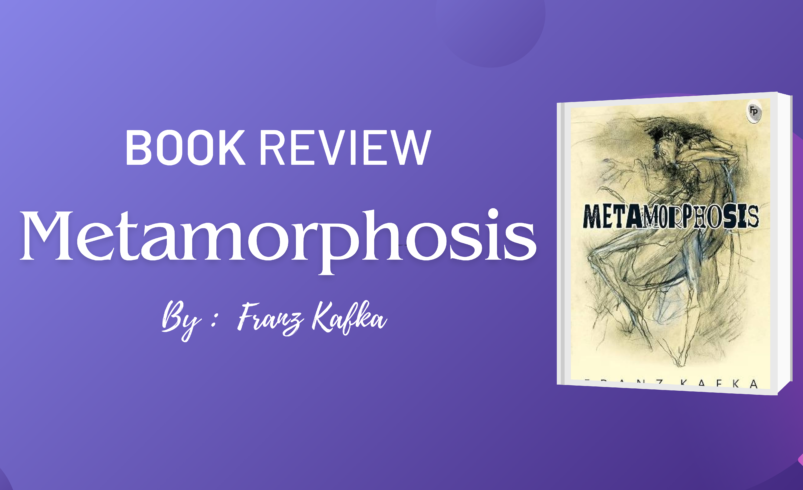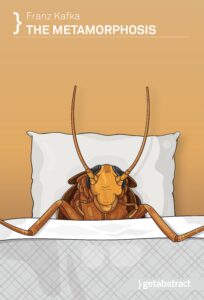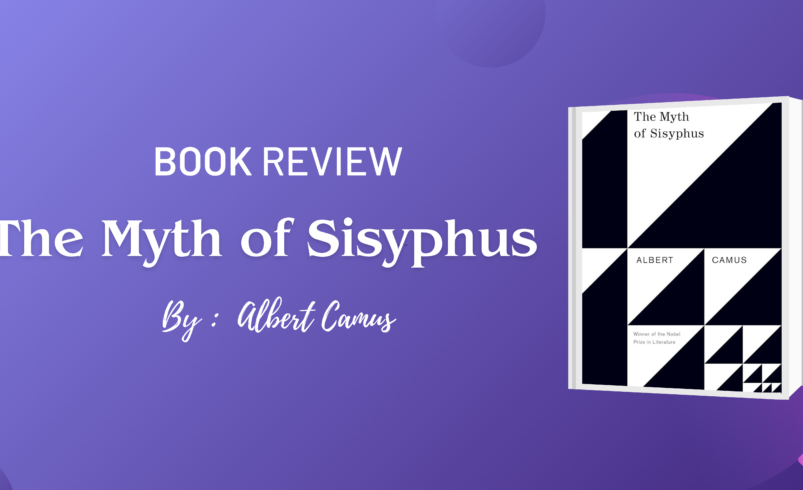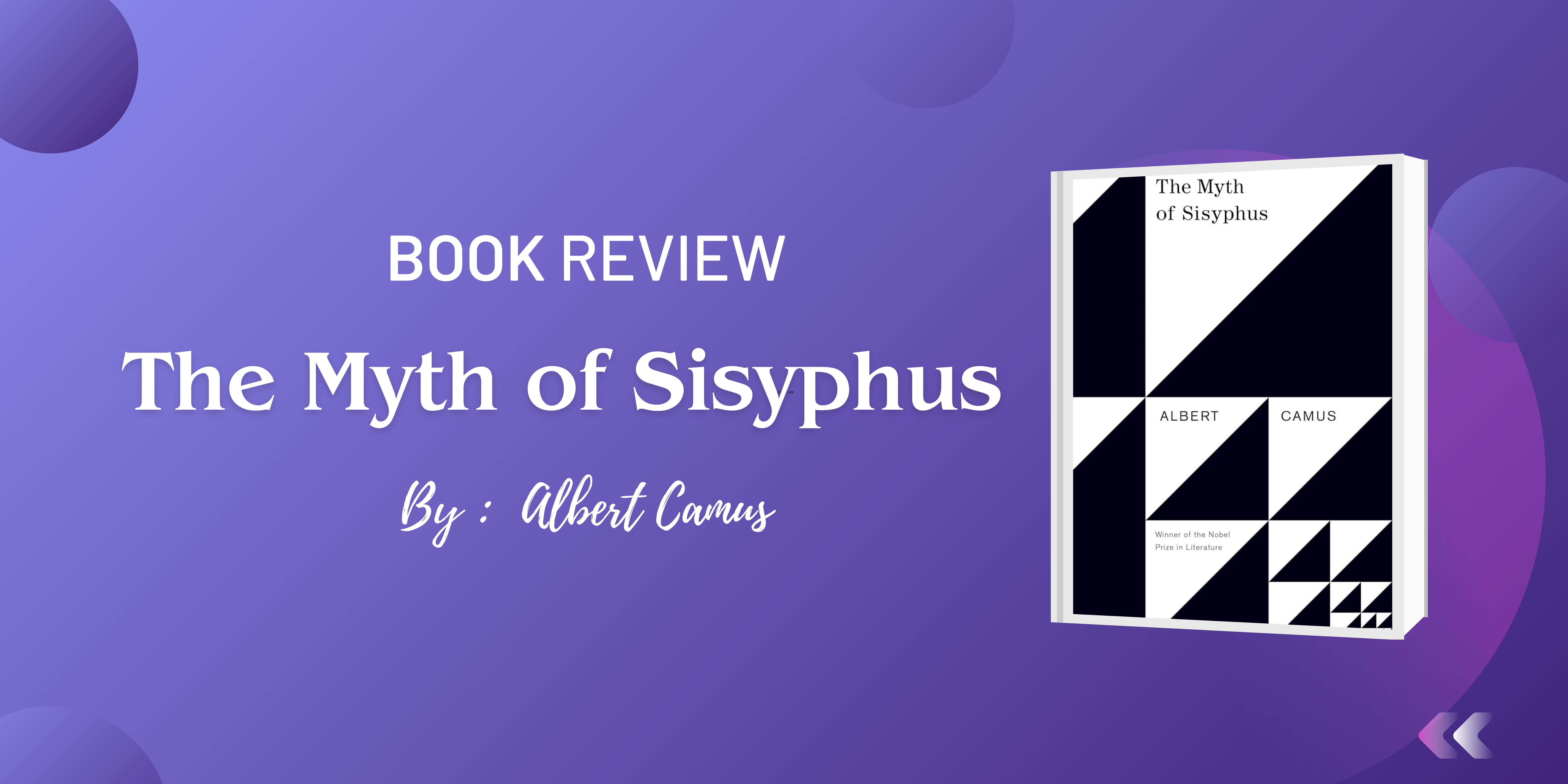
Franz Kafka’s “Metamorphosis” is a masterpiece of modernist literature that delves deep into the theme of alienation, using the transformation of the protagonist, Gregor Samsa, into an insect as a metaphor for isolation and loneliness. Kafka’s narrative explores the profound disconnection that can exist between individuals, both within familial relationships and in society at large.
One of the most striking aspects of Gregor’s alienation is evident even before his physical metamorphosis. As a traveling salesman, Gregor spends much of his time away from home, providing for his family financially but remaining emotionally distant from them. This separation is emphasized by Kafka to highlight the existential emptiness that pervades Gregor’s life even before his transformation. Gregor’s inability to connect with his family on a meaningful level underscores the inherent isolation that exists within modern society, where individuals are often estranged from one another despite their physical proximity.
However, it is Gregor’s physical transformation into an insect that serves as the ultimate manifestation of his alienation. Unable to communicate with his family in any meaningful way, Gregor becomes a grotesque spectacle, feared and repelled by those who were once closest to him. His insect form renders him utterly alone in a world that no longer makes sense, highlighting the absurdity of human existence and the futility of attempting to find meaning in a universe that seems indifferent to individual suffering.
Kafka’s portrayal of Gregor’s sister, Grete, further emphasizes the theme of alienation. Initially caring for Gregor out of familial duty, Grete’s attitude toward her brother undergoes a significant shift as his insect form becomes increasingly burdensome. Her decision to remove Gregor’s possessions from his room reflects her desire to distance herself from his humanity, reducing him to a mere object to be discarded. This dehumanization of Gregor by his own family members serves as a poignant commentary on the ways in which individuals can become isolated from one another, even within the supposed sanctuary of the family unit.
It is worth considering the context in which Kafka wrote “Metamorphosis.” At the time of its composition, Kafka was grappling with feelings of isolation and loneliness, exacerbated by his strained relationship with his fiance, he longingly waited in bed for his fiancee’s letters and chose to stay in bed, in anticipation. This personal turmoil undoubtedly influenced Kafka’s exploration of the theme of alienation in his work, lending “Metamorphosis” a raw emotional intensity that resonates with readers to this day.
Relevance in the modern world
Franz Kafka’s “Metamorphosis” resonates deeply in a capitalistic society that often glorifies hustle culture and reduces individuals to mere cogs in the economic machine, where worth is measured solely by productivity and material success. The story’s exploration of alienation takes on added significance in this context, shedding light on the dehumanizing effects of a system that prioritizes profit over people.


Gregor Samsa’s transformation into an insect can be seen as a metaphor for the dehumanization that occurs when individuals are reduced to their economic utility. Before his metamorphosis, Gregor was a dedicated employee, tirelessly working as a salesman to support his family. Yet, despite his efforts, he remains emotionally disconnected from his loved ones, existing only as a provider of financial stability. His transformation into an insect further solidifies his status as an outsider, stripped of his humanity and reduced to a grotesque spectacle.
In a capitalistic society that places a premium on productivity and material wealth, individuals like Gregor can easily become isolated and marginalized if they fail to meet societal expectations. The pressure to constantly hustle and maximize one’s output can lead to a sense of alienation from oneself and others, as personal relationships are sacrificed in pursuit of economic success. Gregor’s inability to communicate with his family underscores the profound loneliness that can result from this relentless pursuit of productivity, as human connection is overshadowed by the demands of the marketplace.
In conclusion, Franz Kafka’s “Metamorphosis” is a profound meditation on various themes of alienation and isolation using the metaphor of a man transformed into an insect to explore the profound disconnection that can exist between individuals. Through Gregor’s journey from human to insect, Kafka offers a stark portrayal of the existential loneliness that pervades modern life, challenging readers to confront the absurdity of human existence and the fundamental alienation that lies at its core.

Kavya Sriram
Kavya Sriram is currently pursuing a triple major in Journalism Psychology and English. In her free time you can find her arguing the complexities of lana del rey’s albums or petting cats. Kavya loves to read and argue that “the book is better than the film”.
Recent Posts
- 25 Top Quotes from The 10X Rule to Supercharge Your Ambition
- 10 Books You Must Read to Succeed in Your Career
- 30 Little Tricks for Big Success in Relationships
- 25 Life-Changing Self-Help Books to Read This December: Boost Your Mood and Your Mind
- 25 Amazing Self-Care Tips for December: Wrap Yourself in Joy, Not Stress









